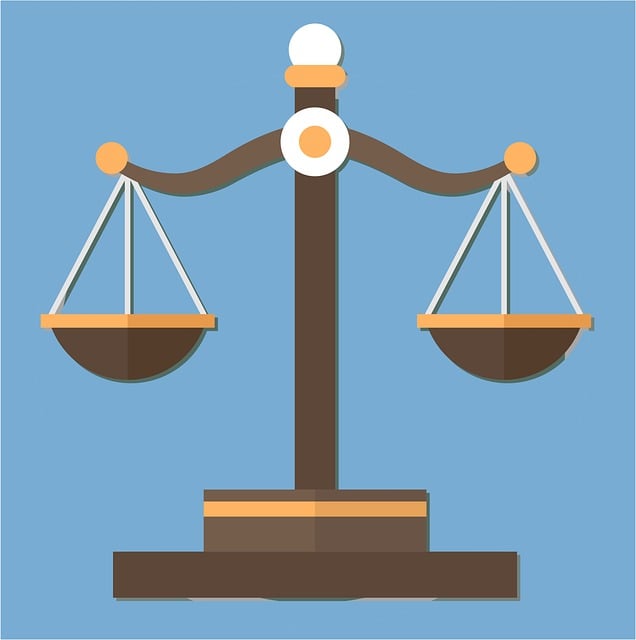Military Communities Targeted in Digital Payment Scams

Military communities have seen increased scam attempts related to identity theft and compromised digital payments.
In 2025, VA overpayment scams began trending in the news as third parties increased their attempts to deceive veterans into paying them instead of the Department of Veterans Affairs for benefits overpayment. And these scams are nothing new; they are just more of a threat to military communities than ever.
There were more than 60 thousand digital payment scams and other complaints from military members and veterans in 2022, a whopping 55% increase over 2021, according to the Consumer Financial Protection Bureau (CFPB). Those numbers seem to have only grown since the original reports, with a serious increase in scam attempts. Military families may be more vulnerable to certain kinds of digital payment scams than their civilian counterparts because of the nature of military life.
VA Overpayment Scams
The Department of Veterans Affairs has, if headlines in the last five years are accurate, a serious problem with accidental overpayment of benefits to veterans. In some cases, the VA tries to claw these overpayments back by charging the veteran for the VA’s mistake and demanding repayment.
In such cases, a veteran has the option to either submit to the VA’s demand for payment or appeal the VA’s decision to demand payment.
Scammers take advantage of this by sending phony messages to veterans claiming an overpayment and demanding the veteran send money to a third-party address that is not a Department of Veterans Affairs agency.
Sending money to cure a VA benefits overpayment is a terrible idea. Veterans who have not received an overpayment by the VA should not send money. Veterans who believe the VA is correct and DO owe money to the government should ONLY render those payments via the Department of Veterans Affairs’ dedicated payment gateway, or call the VA’s debt management call center at 1-800-827-0648.
DO NOT RESPOND to any messages directing you to sites outside VA.gov or demanding you call a DIFFERENT number than the above.
VA.gov has the following advice for anyone unsure if they are being scammed related to a VA overpayment:
- Do not sign a contract agreeing to pay an unauthorized company a percentage of your benefit payment in exchange for their assistance with your VA claim or overpayment appeal. If you need help filing a claim or appealing a VA decision, there are representatives of VSOs, agents, and attorneys who have been accredited by VA to assist you.
- NEVER sign a blank form for someone else to complete later.
- Always review the completed form before signing and keep a copy for yourself.
- Do not be fooled by companies that advertise they have special relationships with ANY other third party including the VA, medical professionals, etc. They do not have a special relationship.
Military Families and Digital Payment Scams
According to a report issued by the CFPB, military communities have submitted more scam complaints “related to payment apps” than civilians.
- More than 60% of all U.S. consumers will use a digital payment gateway; the popularity of these payment options makes it more likely for an average American to be approached by a scammer.
- In 2022, the CFPB report indicates servicemembers submitted “more than 1,100 payment app complaints, one of the fastest-growing complaint types submitted to the CFPB.”
- Mobile payments are a common way to stay current on stateside bills and financial obligations even when the servicemember is assigned overseas or deployed to a combat zone. And lately, using such apps carries an elevated risk for troops and families.
- How elevated? “In 2022, active duty servicemembers reported almost 38,000 identity theft cases to the Federal Trade Commission.”
Related: Financial Planning for Military and Veterans
How Scammers Fool Military Members and Veterans
Military and veteran families also, according to the CFPB, report “serious financial harm” from such scam attempts. Part of the reason for this enhanced vulnerability?
PCS moves involve managing numerous details, making it easier to fall victim to scams due to the sheer number of distractions. Getting a new vehicle, daycare, paying rent and utilities to new landlords and service providers, etc.
During a PCS move, all of these things happen in a very short amount of time. It’s harder to be scammed out of your payment details or private information when you aren’t distracted by all the other details involved in a PCS.
It’s harder when there are too many people all asking you for your data, your account numbers, and your Social Security Number. Too many online payments in too short a period, and you could feel overwhelmed by all the information.
And that’s exactly what a scammer is hoping for. Distraction, disorientation, and confusion are the scammer’s tools. If you are in a hurry, you’re vulnerable.
Related: Military Pay and Allowances Explained
How to Avoid Being Scammed on a Digital Payment App
- Before downloading any digital payment app, check the online reputation and reviews of the app and read a LOT of them. Pay close attention to any review that mentions specific problems or issues.
- Ignore vaguely worded reviews that offer no practical information about the service, its effectiveness, etc.
- Never respond to unsolicited text messages, emails, contacts on social media, or phone calls for any reason.
- Do not send money through digital payment apps to third parties you did not reach out to first, and do not give in to people on the phone you did not call who are directing you to make payments using a specific digital app or payment gateway.
- Do not click through to a payment gateway app via a link sent to you in an email, text, social media message, etc.
Related: Comprehensive Military Benefits Guide
What CFPB Says About Scams Targeting Veterans
CFPB states unequivocally that the third parties offering digital payment apps “often fail to provide timely and substantive resolutions to servicemembers.”
That goes all the way up to getting a satisfactory resolution of an identity theft or mobile payment scam problem. From the CFPB Report:
“In the complaints submitted to CFPB, even when they have a path to recovering lost money, servicemembers stated that they had trouble getting in contact with a customer representative.”
What happens when customers finally reach a customer service rep? According to the report, “the resolution process was tedious and slow, and coordination with multiple parties was challenging and often failed to address their concerns” enough times to warrant mention in the CFPB report.
This is an added layer of complication to an already fraught issue; if the mobile payment company is unwilling to offer responsive customer support, a scammer may have a greater ability to operate than with a company that takes more aggressive measures to stop fraud associated with its digital payment products or other services.
CFPB recommendations include digital payment app service providers offering better customer service options when resolving scams or identity theft.
“Digital payment app providers should recognize these challenges and take a comprehensive approach to reimbursement when all types of fraud occur,” according to the report.
About the author
Editor-in-Chief Joe Wallace is a 13-year veteran of the United States Air Force and a former reporter/editor for Air Force Television News and the Pentagon Channel. His freelance work includes contract work for Motorola, VALoans.com, and Credit Karma. He is co-founder of Dim Art House in Springfield, Illinois, and spends his non-writing time as an abstract painter, independent publisher, and occasional filmmaker.


